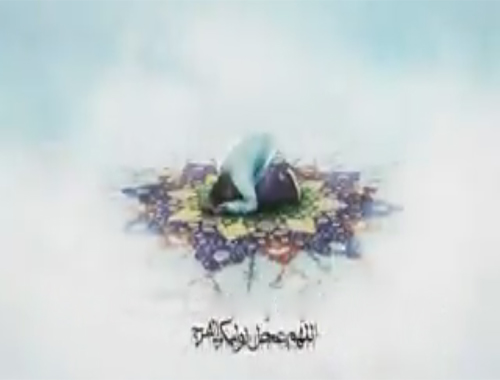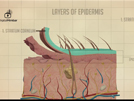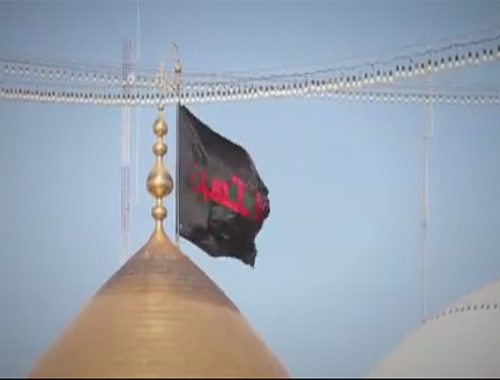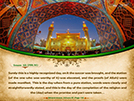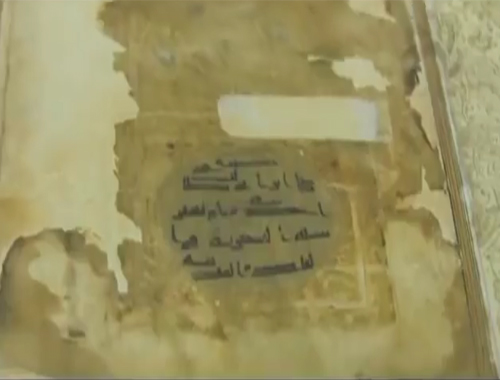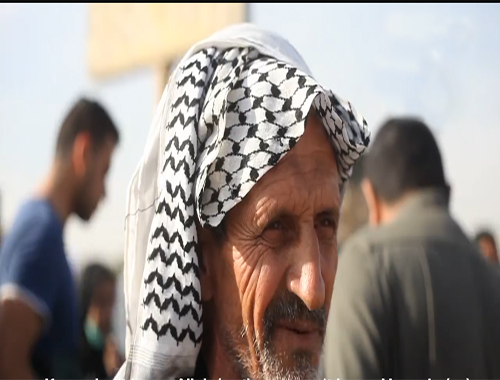Verse263
- Details
- Hits: 2739
(263) قَوْلٌ مَّعْرُوفٌ وَمَغْفِرَةٌ خَيْرٌ مِّن صَدَقَةٍ يَتْبَعُهَآ أَذًى وَاللّهُ غَنِيٌّ حَلِيمٌ
263. " A kind word and forgiveness is better than a charity that is followed by injury, and Allah is Self-sufficient, Forbearing."
Commentary:
This verse, in fact, completes the idea in the previous verse. It says that those who have a good manner and good statement, facing with the people in need, and forgive them even when their insistence is with rudeness, their action is better than the donation of those who cause injury and irritation thereafter.
"A kind word and forgiveness is better than a charity that is followed by injury, and Allah is Self-sufficient, Forbearing."
This verse makes clear the logic of Islam due to the social values concerning the honour of people.
Islam considers the value of the action of those who speak helpfully and leadingly with the needy people in order to protect them and keep their secrets hidden. This is more valuable than the charity of some selfish short-sighted individuals, who have sorts of approach and injury on such honourable persons for a small donation they give.
As was mentioned before the loss of these stingy people is more than their profit. When such persons give something, they ruin something else, too. Thus, the above statement made it clear that the Qur'anic phrase /qaulun ma'ruf / 'a kind word' has a vast meaning so that it envelops any word of kindness, consolation, affability and guidance.
The word /maqfirat / (forgiveness), mentioned in the verse, is used in contrast with the rudeness of the needy people.
In Nur-uth-Thaqalayn, the commentary,(1) it is narrated from the holy Prophet of Islam (p.b.u.h.) who said:
"When a needy person asks you, do not interrupt his statement until he completes it. Then, respond him calmly and politely, or give him what you are able to spend, or return him agreeably, because the one may be an angel who is commissioned to try you in order to see how you behave with the blessings that Allah has bestowed upon you. "
(1) Nur-uth-Thaqalayn, vol. 1, p. 283


